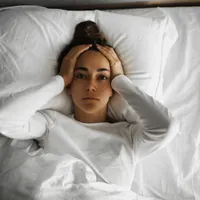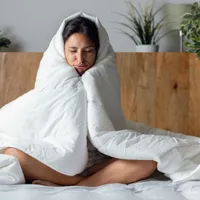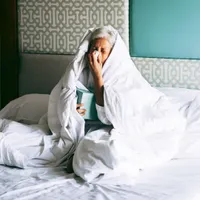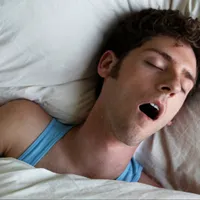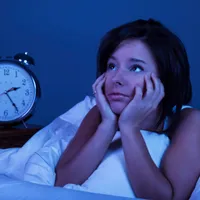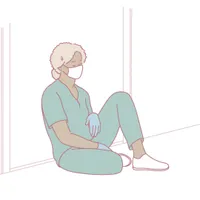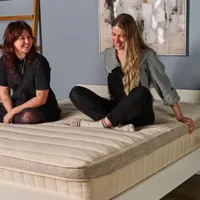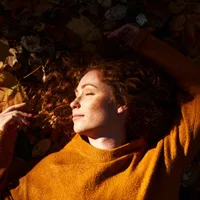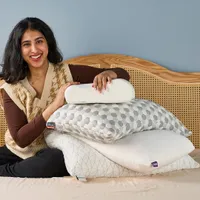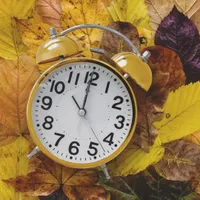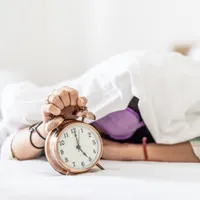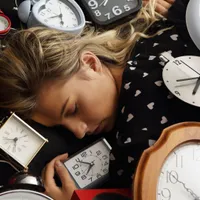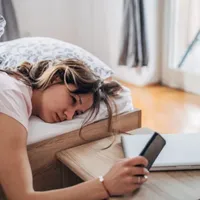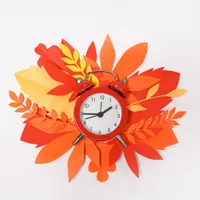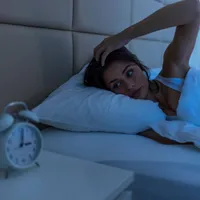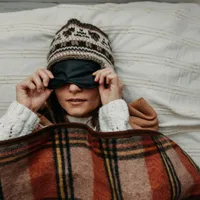Fall Back into Great Sleep — our week-long look at how to sleep better this fall and winter
A week of deep dives, how-tos, expert interviews and product reviews to help you sleep better this season change
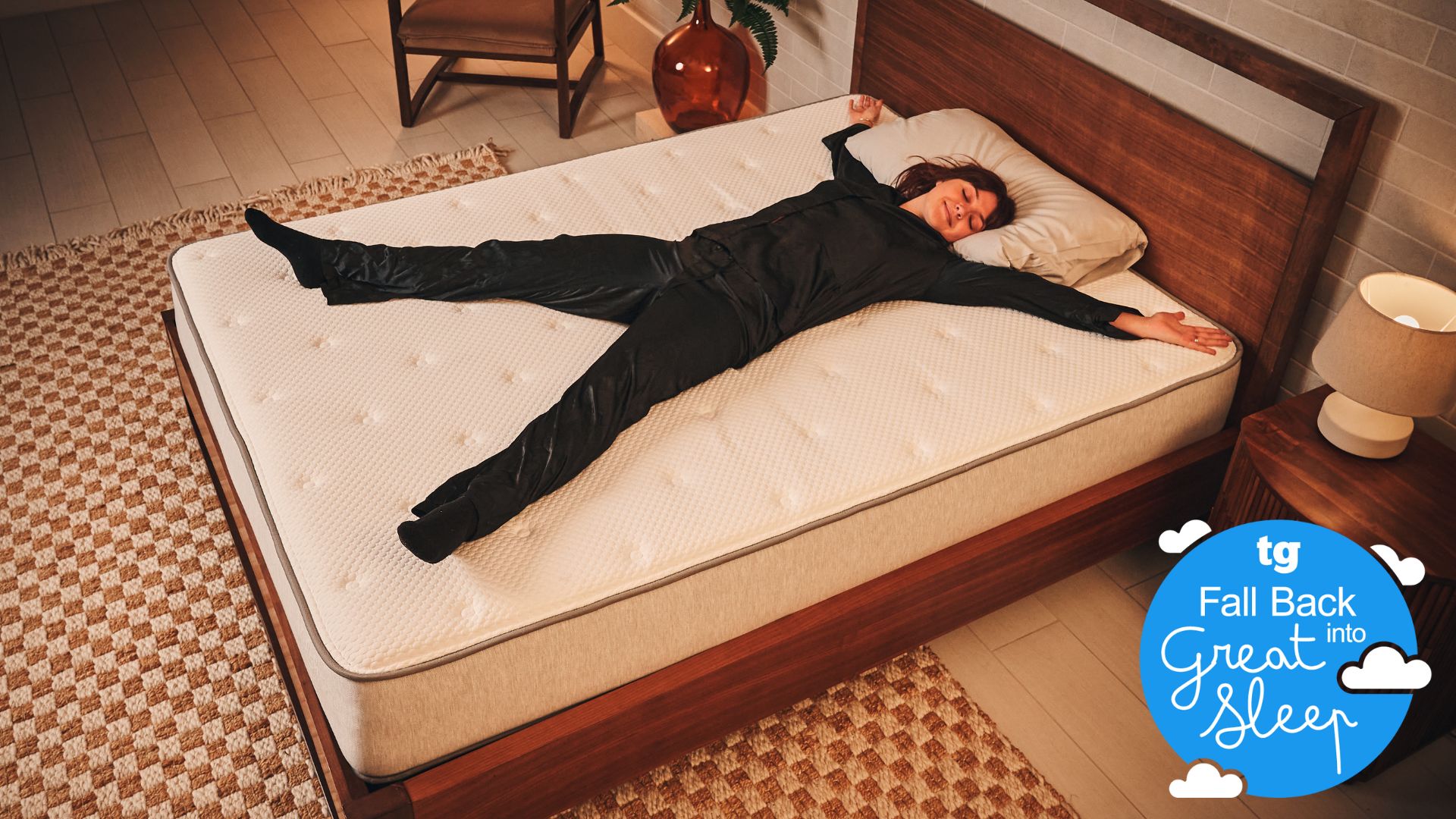
It’s no surprise that with the arrival of autumn and winter, comes plenty of health problems — and that includes issues with your sleep.
And while one of the main issues contributing to this is the start of daylight savings time, where the clocks turn back one hour, there are plenty of other factors that can disrupt our sleep.
Which is why we’re launching Fall Back into Great Sleep, a week-long campaign of the best sleep advice you can get from top experts in the industry. Here’s everything you need to know and how to start sleeping better this fall.
Fall back into great sleep: The complete guide
Fall Back into Great Sleep: Sleep health
The real reason your insomnia spikes in the winter — plus 3 simple fixes
As the season changes, the risk of winter insomnia increases — experts explain why and offer the three best solutions, including getting plenty of natural daylight and keeping a consistent sleep schedule.
We speak to experts to find out whether you really can reverse weeks of bad sleep and the most effective ways to do so.
Strengthen your immunity with these 5 sleep tips and prevent your first cold of the season
We spoke to Dr. Zachary Rubin and Dr. Jenna Macciochi to find out more about how sleep affects our immune system and to get their expert-approved sleep tips to help you avoid a cold.
Snoring gets worse in winter — 5 doctor-recommended tips to reduce it
The winter months are linked to an increase in snoring, experts warn. From dry air to increased congestion, the season change can make breathing at night tricky. But there are ways to reduce it.
The 3 am winter wake-up call — why it happens and 3 simple tricks to sleep through the night
Waking up in the night? The season change could be responsible. With dark mornings and evenings, a clock change and the temperatures dropping, you're more likely to wake up in the early hours. Here's how to sleep through.
With a shift in the season, shift work becomes even darker as employees navigate dark mornings and evenings and a distinct lack of sunlight. Doctors, experts and lawyers reveal the true impact shift work sleep disorder has on our day to day lives.
Fall Back into Great Sleep: Mattresses, pillows and bedding
My mattress was secretly sabotaging my sleep — 4 signs you need to replace your bed
I slept on a mattress that needed replacing and paid the price. Here are the signs it’s time to bite the bullet and invest in a new one so you can sleep easy this hibernation season.
This one gross sign means it's time to change your pillow
After a long, hot summer, your bedding might need some TLC. Don't ignore this one sign that means you should get rid of your pillow as soon as possible. Plus tips on how to make your pillows last.
After testing some of the best mattresses of the year (and sleeping next to a restless husband), I share my top tips for finding a couple-friendly mattress in time for cuffing season.
Nights are getting colder and mornings are getting darker, but these five products are helping me sleep fast and rise early.
A long, hot summer can mean your mattress is less than hygienic. Cozy season is here but before you start hibernating, here are out top tips to keep your mattress clean all winter — and what you should never do.
The Tom's Guide Sleep Team share their top tips in this complete guide to transforming your bedroom for a cozy hibernation season. From what to clean and what to replace.
Fall Back into Great Sleep: The clocks falling back
The clocks are going back this weekend — here's everything you need to know
The clocks turn back by an hour this Sunday in the UK — but why? We dive deeper into the history of Daylight Saving Time and what it means for your sleep.
The clocks turn back in the UK tonight — 3 surprising ways your body will react tomorrow
The clocks falling back might give you an extra hour of sleep, but your internal clock isn’t guaranteed to follow. Despite just changing by an hour, you can expect to notice some side effects. These are the three most common.
Got an extra hour in bed and still tired? Experts explain 3 reasons why
Extra sleep when the clocks go back doesn't always equate to feeling fresher and more well-rested. We asked the experts to share the 3 most common reasons why and how to get your sleep back on track.
'I feel like I'm hungover' — 3 side effects of the clocks going back yesterday and how to fix them
The clock change can wreak havoc on our sleep — why do I still feel tired even though I've slept great? We explore the 3 most common side effects of the clock change.
The clocks going back could wreck your sleep this week — here's why, and how to fix it
That extra hour in bed might have felt like a win, but the clocks changing might still disrupt your sleep — and for as long as a week. If you're struggling, here's how to get your sleep back on track.
Sleep is vital for kids' growth, development and well-being, but the clocks falling back can wreak havoc on their rest. Here's what to expect and how to fix it.
The clocks are turning back tonight — 3 expert ways to stop it from ruining your sleep
From struggling to sleep to waking earlier, these are the ways your sleep may be impacted when the clocks go back in the US and how to stop them.
Why do so many sleep experts have a problem with the clocks going back?
The clocks changing by an hour in spring and fall might seem like a minor change, but sleep experts argue that it can throw your body off more than you might think.
Fall Back into Great Sleep: Fall and winter sleep hacks
Experts weigh in on the simple heating mistake thousands are making and how it wrecks your sleep. Plus the simple way to fix it tonight so you can enjoy great sleep through fall and winter.
Cognitive shuffling vs Military Sleep Method: Which visualization sleep technique works best?
Both visualization methods promise super fast sleep, but their effectiveness depends on the person trying it. So which will suit you best?
What is Fall Back into Great Sleep?
To address the common problems our readers face during this time, we’ve decided to mark the change in season with a week-long campaign to help people get better sleep.
Through expert interviews, deep dives into sleep health and opinion pieces on what helps our expert team of sleep writers get the rest they need, Fall Back into Great Sleep will answer questions like:
- How will the clock change impact my sleep?
- Why is it so difficult to wake up in the winter?
- What will help me sleep through the season change?
- Should I nap during the winter?
- Why am I so tired all the time?

How our sleep changes with the seasons
So while we’ll dive deeper into all things sleep, let’s take a look at the main differences you can expect to see in your sleep as the seasons change.
You’ll likely feel more tired
With fall in full swing and the clock change rapidly approaching (26th October for UK, 2nd November for U.S), the mornings are already a lot darker — a stark contrast to the 5am sunrises of the summer.
Get instant access to breaking news, the hottest reviews, great deals and helpful tips.
The result? Slow mornings that feel impossible to wake up for.
This is because the hormone that makes us feel sleepy, melatonin, is suppressed by daylight. Without daylight, our hormone cycle and circadian rhythm struggle to know that it’s time to feel alert and awake. Hence why we feel groggy for longer.
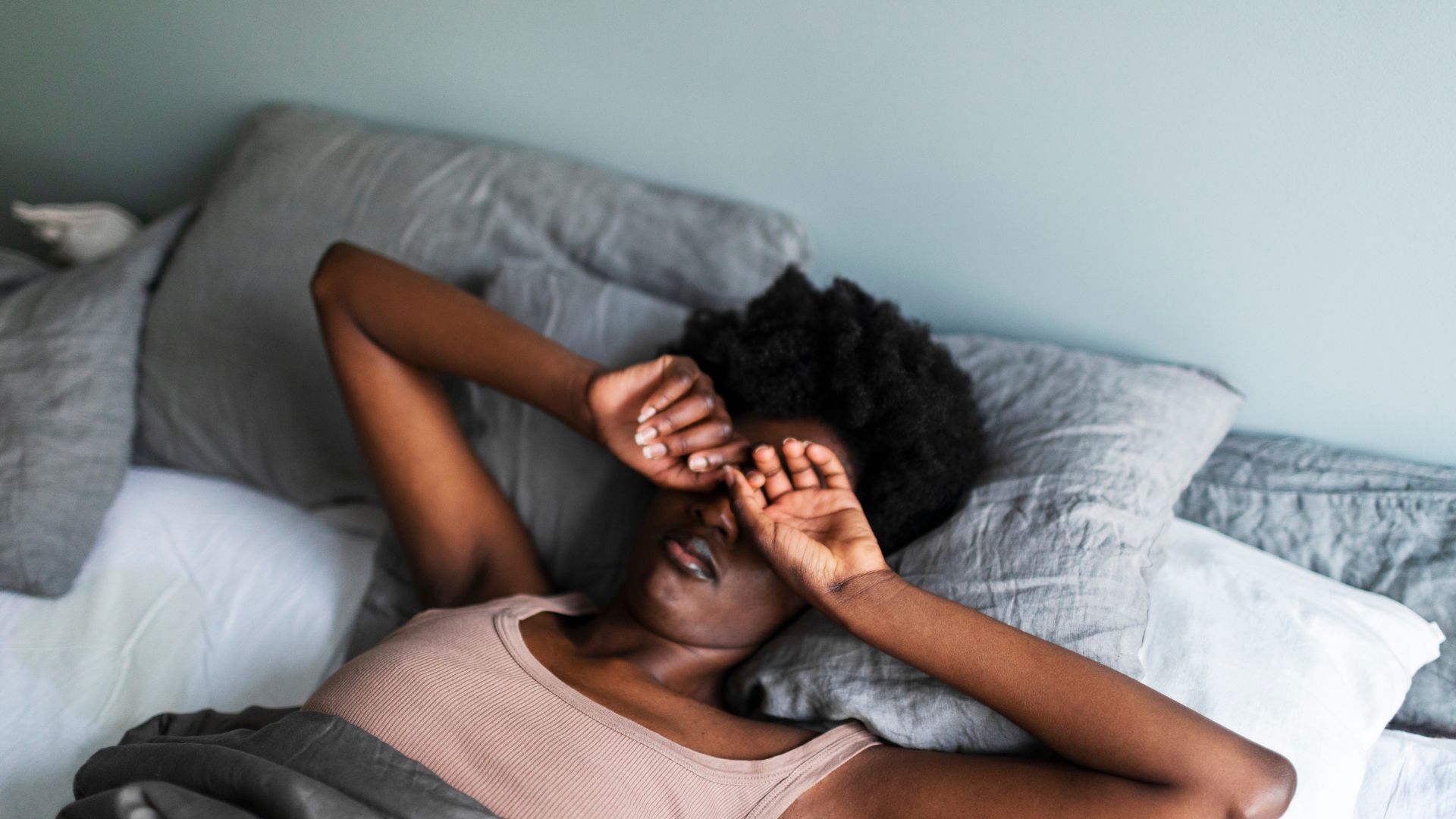
Sleep patterns shift
Without enough natural daylight, especially in the mornings, your sleep patterns may start to shift. Our internal body clock determines when we feel awake and when we feel sleepy. As well as other things, daylight helps control this.
Add a time change into this, and your body clock can quickly become dysregulated.
You may find yourself feeling tired earlier in the evening as the sun starts to set earlier — the dark stimulating melatonin production.
And you might also find you want to sleep more, because even if you’ve slept for eight hours, if it’s still dark outside your body is unlikely to recognize it's morning.
Add a time change into this, and your body clock can quickly become dysregulated.
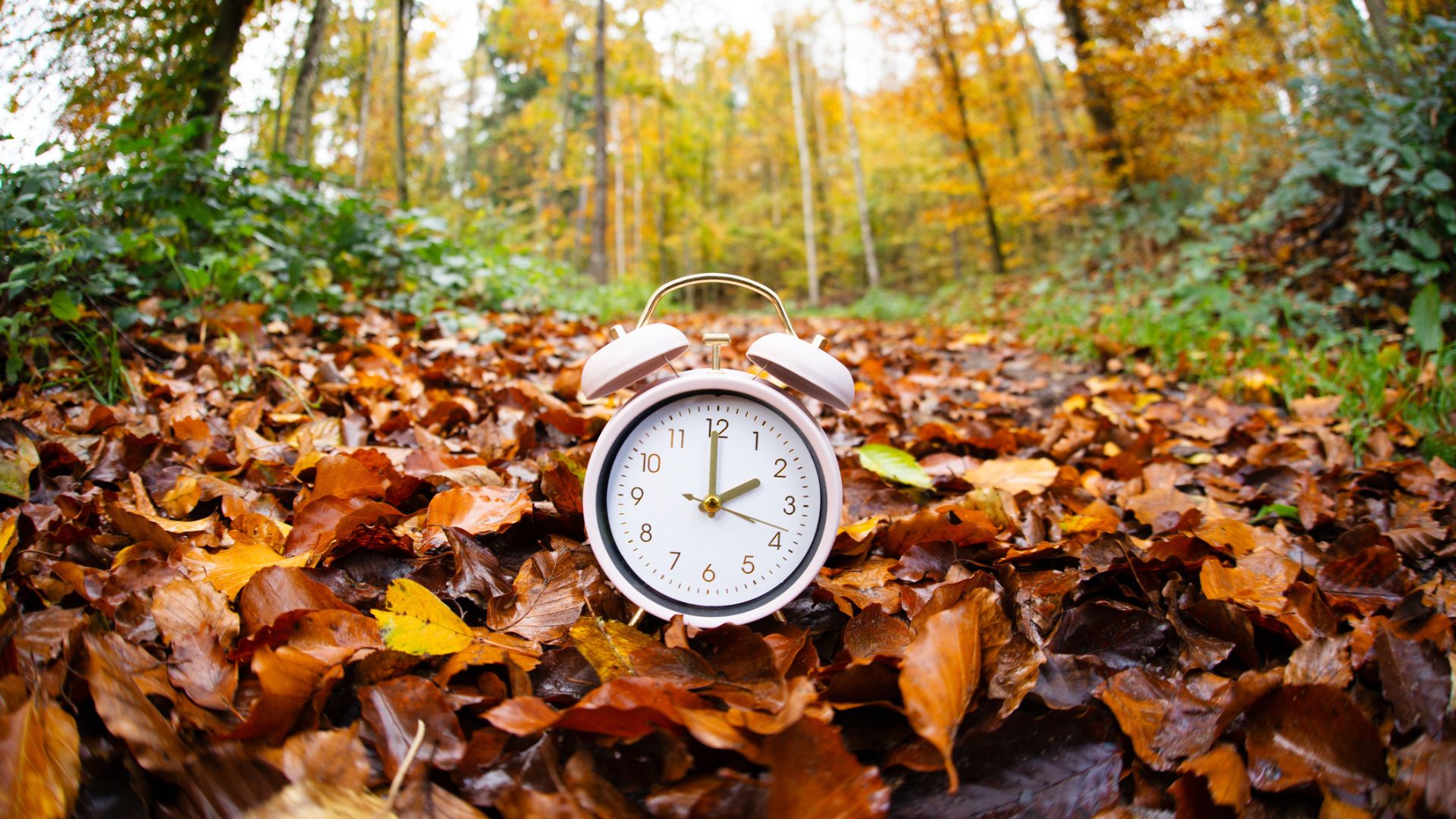
Your sleep might be disrupted
Temperature changes can also be responsible for a less-than-good night’s sleep. A common mistake in winter is to crank the heating up for a cozy night’s sleep. However, the best temperature for sleeping is actually a lot cooler than you think at 65 to 70 F (18 to 21 °C).
This is because a key indicator to our bodies to fall asleep is a drop in a core body temperature which happens naturally in the evenings. To wake up, our body temperature increases.
So if we get too hot in the night, then we’re likely to wake up. Similarly, if you're too cold, it’s unlikely you’ll sleep through.
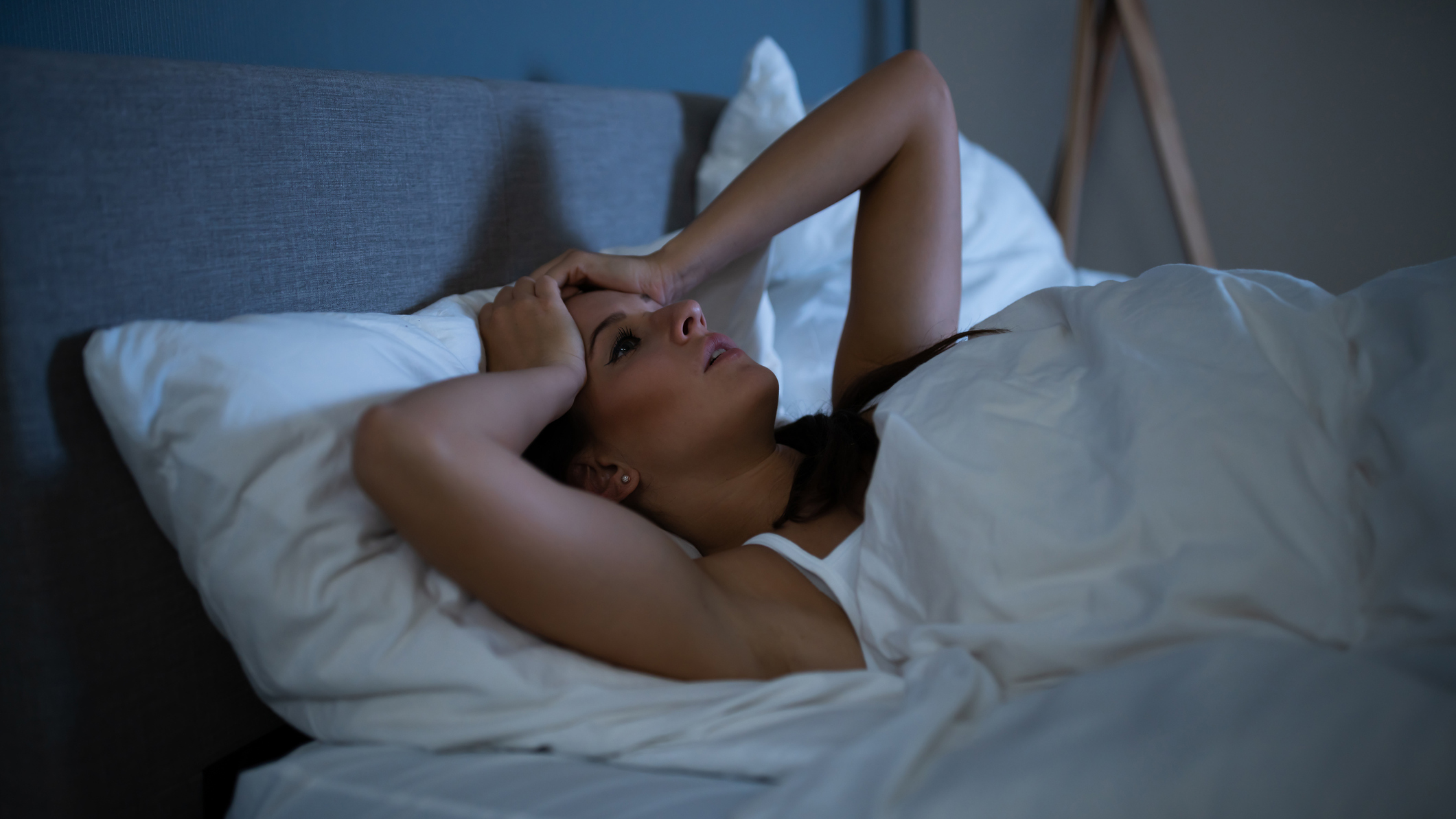
How to sleep better this fall
We’ll be offering the best of the best advice to sleep better this fall in the next week, but for now, here are three simple tips to stick by this winter.
Stay consistent
Going to sleep and waking up at the same time is the most effective way to combat the changes in your circadian rhythm. A clear sleep schedule helps tell your body when it should feel tired and when it should feel awake.
You are giving yourself weekend ‘jetlag’
Sleep regularity is actually often considered more important than sleep duration — so be sure to keep your alarm set to the same times throughout the year (yes, even at weekends!)
“If you wake up and go to bed early but stay up late and have a lie-in on the weekend, you are giving yourself weekend ‘jetlag’,” Dr. Lindsay Browning, a chartered psychologist, neuroscientist and author.
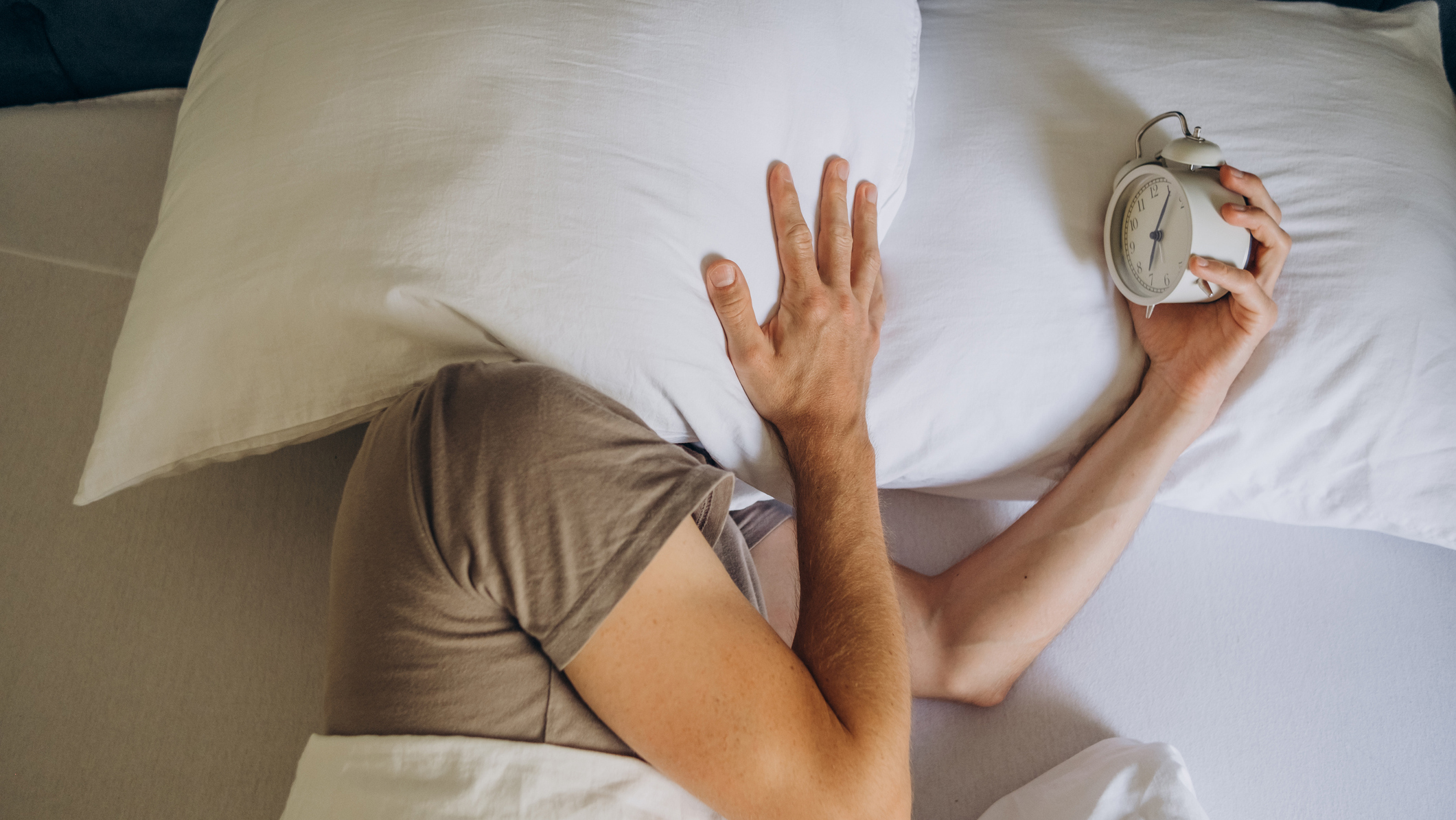
Create the perfect environment
To stop temperature fluctuations from disrupting your sleep, turn the heating off at night and invest in the right bedding to keep you warm but not hot.
This can include temperature regulating materials like wool which can wick moisture away from your body and either keep heat close to you or draw it away depending on how warm you are.
This keeps your temperature even throughout the night, allowing you to sleep deeply and uninterrupted. You'll want to keep your room cool and dark (try blackout blinds), and ensure you're sleeping on the best mattress for your body.
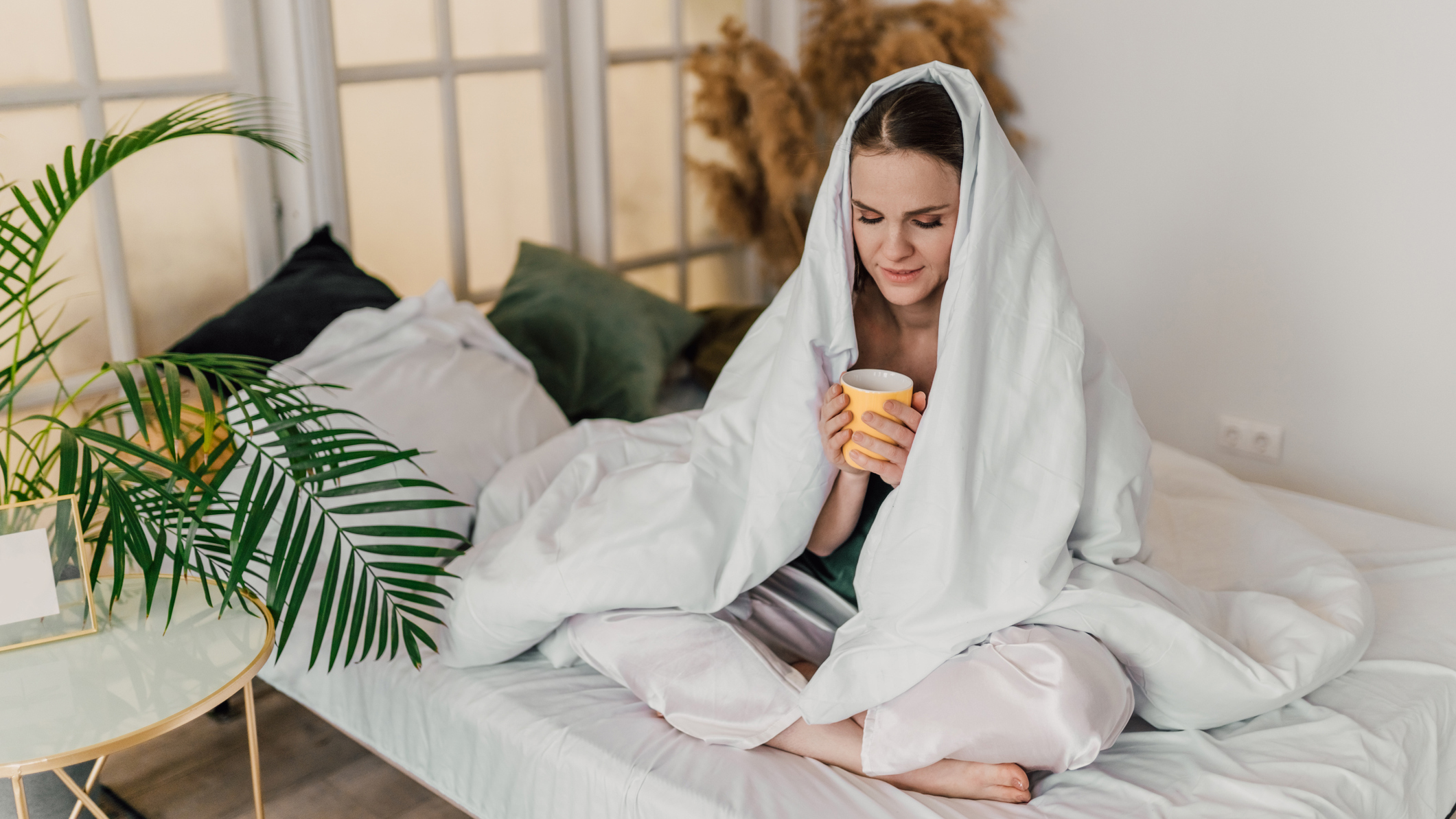
Get outside
Potentially the most important tip is to get outside during the day, and preferably in the morning. The natural sunlight helps you suppress melatonin and stimulate serotonin which helps you stay awake and alert throughout the day.
"Starting your morning with natural daylight helps to reset your circadian cycle and sends a 'wake up' signal to your brain," says Dr. Nerina Ramlakhan, a Neurophysiologist and sleep expert at Oak Tree Mobility.
A morning walk or a coffee in the garden can make the world of difference. It’s all too easy to stay in a warm, cozy house but a quick 10 minute blast of daylight can combat many of the sleep problems winter brings.
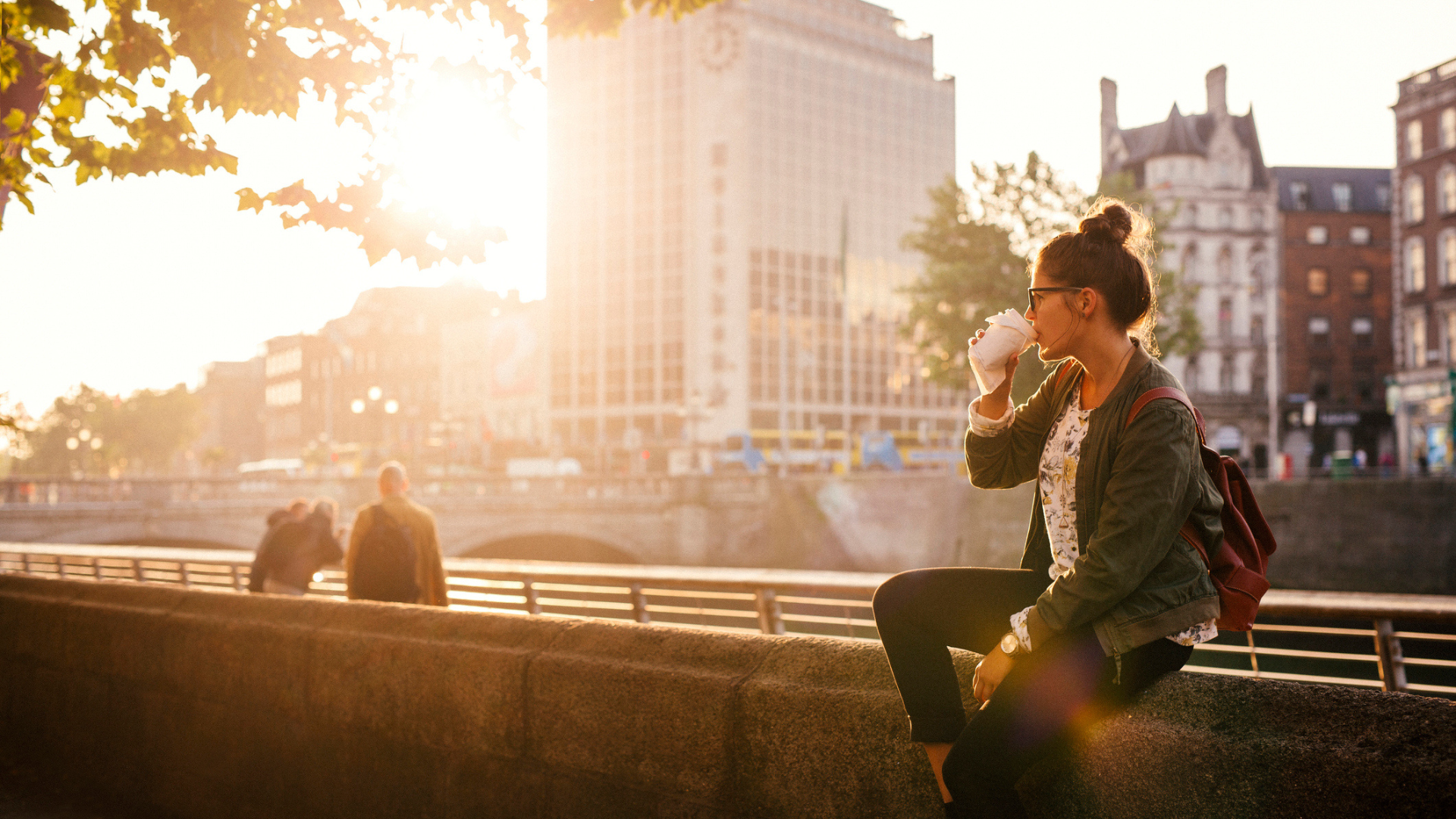
We'll be updating this article with all of the sleep advice you need for the season change, so be sure to check back regularly.

Lauren is an experienced writer and editor in the health and lifestyle industry and has led many campaigns and projects that deliver news, advice, and research on all things sleep. As the Sleep Features Editor for Tom’s Guide, Lauren writes, commissions and edits sleep and mattress content, from in-depth how-tos in sleep and mattress health to interviews with doctors and neuroscientists on the latest news in sleep. Lauren regularly tests new sleep tech and accessories to evaluate their effectiveness for getting good quality sleep and easing specific sleep struggles like nighttime anxiety. Alongside this, Lauren reports on the best mattress brands out there, like Helix, Saatva, and DreamCloud, helping readers find the right mattress for them and the best deals on them.
You must confirm your public display name before commenting
Please logout and then login again, you will then be prompted to enter your display name.
 Club Benefits
Club Benefits





